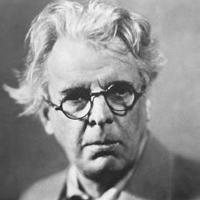The Lamentation of the Old Pensioner by William Butler Yeats: Summary and Critical Analysis
Yeats's old age poem 'The Lamentation of the Old Pensioner' depicts the terrible realities of poet's old age. Yeats accepts the foul, the tragic, and a common as an essential part of life's reality (correspondingly) in this poem.

